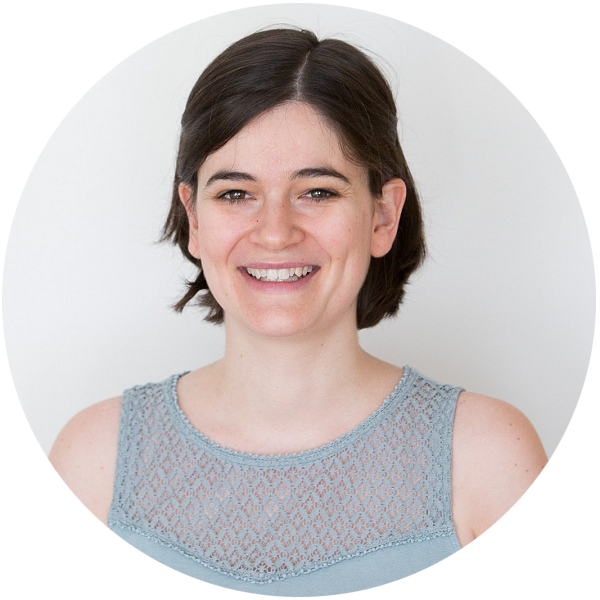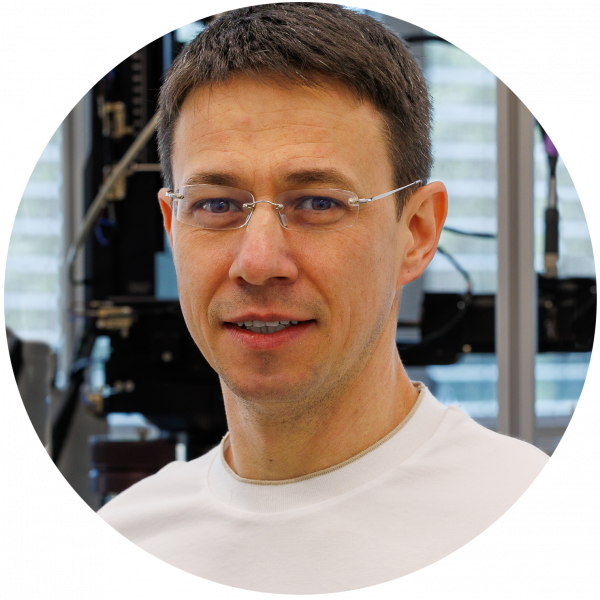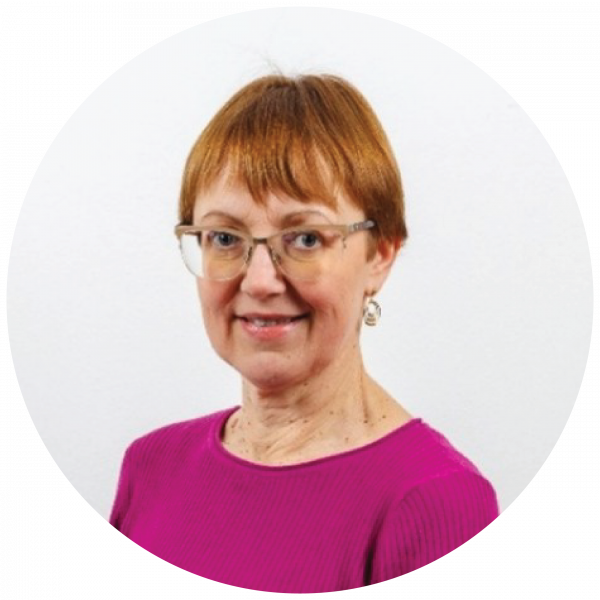Nematic liquid crystals have been known for decades and are widely utilized in modern display technologies, constituting a multibillion-dollar business. Their applicability lies in a unique combination of fluidity, anisotropic physical properties, and processability. The standard nematic state is uniaxial and non-polar. A polar counterpart was already envisioned more than a hundred years ago by M. Born, but it was not experimentally realised until 2017. In this talk, I will provide an overview of our investigations into ferroelectric nematic materials, highlighting their distinct dielectric, viscoelastic and optical characteristics. Notably, their remarkably large second-order optical susceptibility values open exciting opportunities for non-linear photonic applications. One promising approach involves fabricating tailored polar orientational patterns via photoalignment, thus shaping the non-linear optical susceptibility of the material. I will also demonstrate how photopatterning can be used to structure such polarization patterns by exploiting the flexoelectric effect.
From Charcot to zebrafish: decoding ALS one gene at a time
Prof. Dr. Edor Kabashi
Imagine – Institute of Genetic Diseases and Charcot Institute, Paris, France




